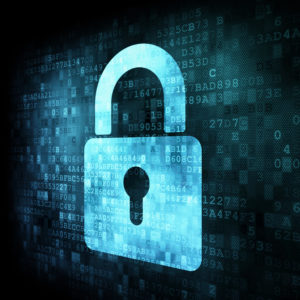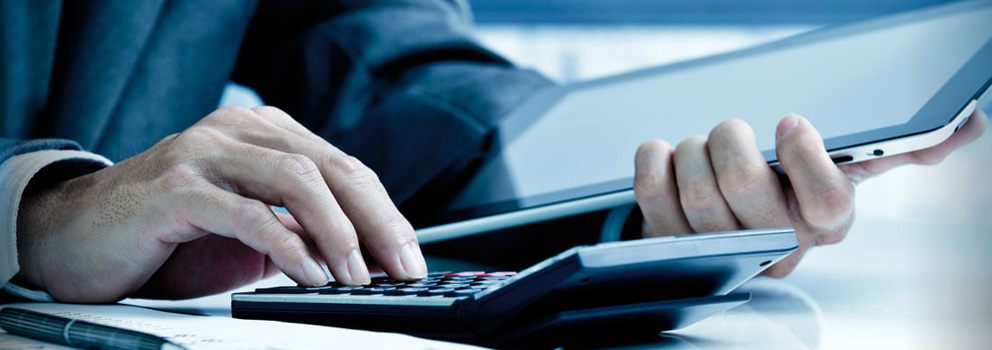5 Secure Habits of Online Banking

These days it seems like there is a new data breach in the news every month. The most recent was the Equifax breach, which, according to CBS News, exposed the personal data of more than 145 million Americans. It’s a scary world out there when it comes to cyber security, but that’s why it is important to make sure you are doing all you can to protect your information.
Financial Institutions usually keep their online banking sites super secure. Safety is a top priority for them because a big data breach is bad for their customers and bad for their business. But even so, it’s important to know that you are doing everything you personally can to keep yourself secure when banking online.
Last week we talked about different ways to be secure online, but this week we are going specifically into what you can do to make sure that you are keeping your online banking as secure as possible from your end.
Monitor Closely
Keep close watch on your bank accounts. Log into them regularly to make sure that you know all of your transactions are ones that you know about and approve. This is especially important if you do a lot of online shopping. Check into your account every few days just to make sure you don’t see anything suspicious, and if you do see something, report it immediately.
Use Extra Security Features
If your credit union or bank offers extra security protection features, take advantage of them. A lot of financial institutions use two factor authentication, which can add an extra layer of identity security. Sites with this feature will require you go one step past putting in a password to identify yourself using information only you would know. This usually comes in the form of answering security questions that would be hard for anyone else to answer. Other security features to take advantage of could be pass codes or fingerprint scans on your mobile devices, if available. Anything that is available for extra security should be taken advantage of, even if it’s a little inconvenient. A small inconvenience now is better than the huge inconvenience of having your identity stolen.
Look for Encryption Codes
When you are on your online banking website, check to make sure the site is encrypted before logging into your account. To do this, all you have to do is look at the web address. Does it say “http:” or “https:?” If it has the extra “s” you know the site is secure. Never put your bank information into a site that doesn’t have the “s” in the address. That means the site would be easy for a hacker to infiltrate.
Share With Caution
Budgeting and wallet apps make our lives easier, but be careful with any apps that ask for your bank information. The well-known apps that need to link to your bank account such as Mint.com, PayPal, Apple Pay and Android Pay are usually very secure. However, the more you link your bank account, the more chances someone has to find it. So be careful of how many times you put it out there. It is advised to only link your account to one or two of these types of apps and leave the rest.
React Quickly
Finally, if you see that something has been compromised with your accounts, act quickly. Contact the appropriate people as soon as you realize something is wrong. It will greatly enhance your chances of rectifying the situation – if nothing more than stopping the person before they do more damage.
Remember, online banking safety isn’t just your credit union or bank’s responsibility. Sure, they need to have their security measures in place, but you also need to be responsible for taking every measure possible to ensure your online safety. This way, you can have peace of mind and bank online with confidence knowing you are well protected.
« Return to "Blog"
